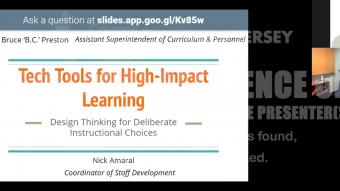Specially Designed Instruction
In practical terms, specially designed instruction (SDI) is instruction that is tailored to a particular student.
It addresses their Individualized Education Program (IEP) goals; accounts for their disability; provides modifications or adaptations to content; and encourages access to the general education curriculum.
SDI is defined in the Individuals with Disabilities Education Act (IDEA) as “adapting, as appropriate to the needs of an eligible child under this part, the content, methodology, or delivery of instruction—
(i) To address the unique needs of the child that result from the child’s disability; and
(ii) To ensure access of the child to the general curriculum…”
SDI can be provided in a variety of domains (i.e. academic, behavioral, social, etc.). Although often confused, SDI is not differentiation (designing for all learners); an accommodation (providing a change in how the student obtains information, such as Braille); or a modification (adjusting the content a student is meant to access). SDI is often provided by a special education teacher in a co-taught setting.
Source: ed.gov
Using Video Self-Reflection to Support Collaborative Learning for Students With Learning Disabilities
Digital Frayer Model: Supporting Vocabulary Acquisition With Technology and UDL
Preparing for and Implementing Effective Inclusive Education With Participation Plans
Self-Regulated Strategy Development in Reading, Writing, and Mathematics for Students With Specific Learning Disabilities
Tech Tools for High-Impact Learning with Bruce Preston

TEACHING Exceptional Children Journal Teaming for Success Issue (Volume 53, Issue 4)
